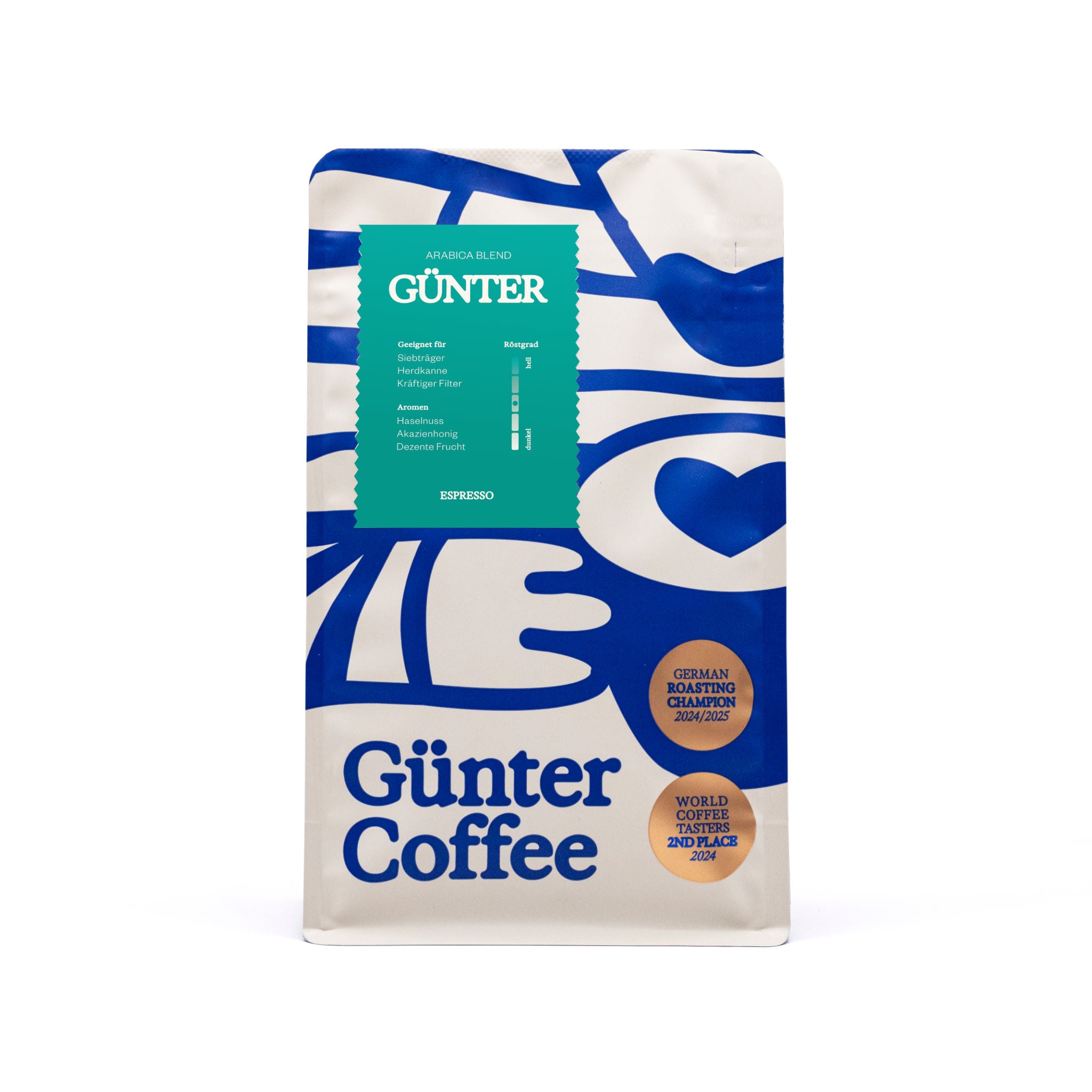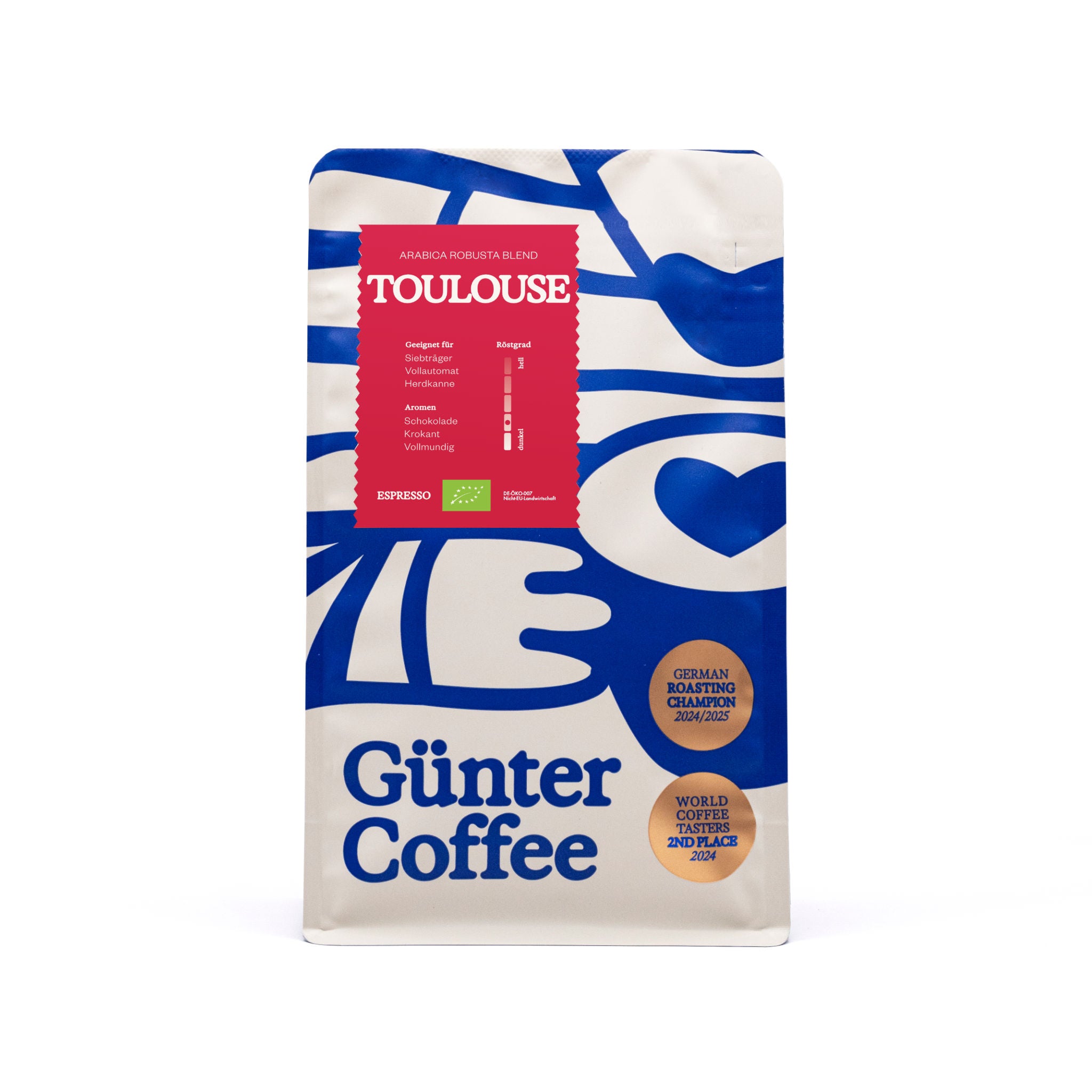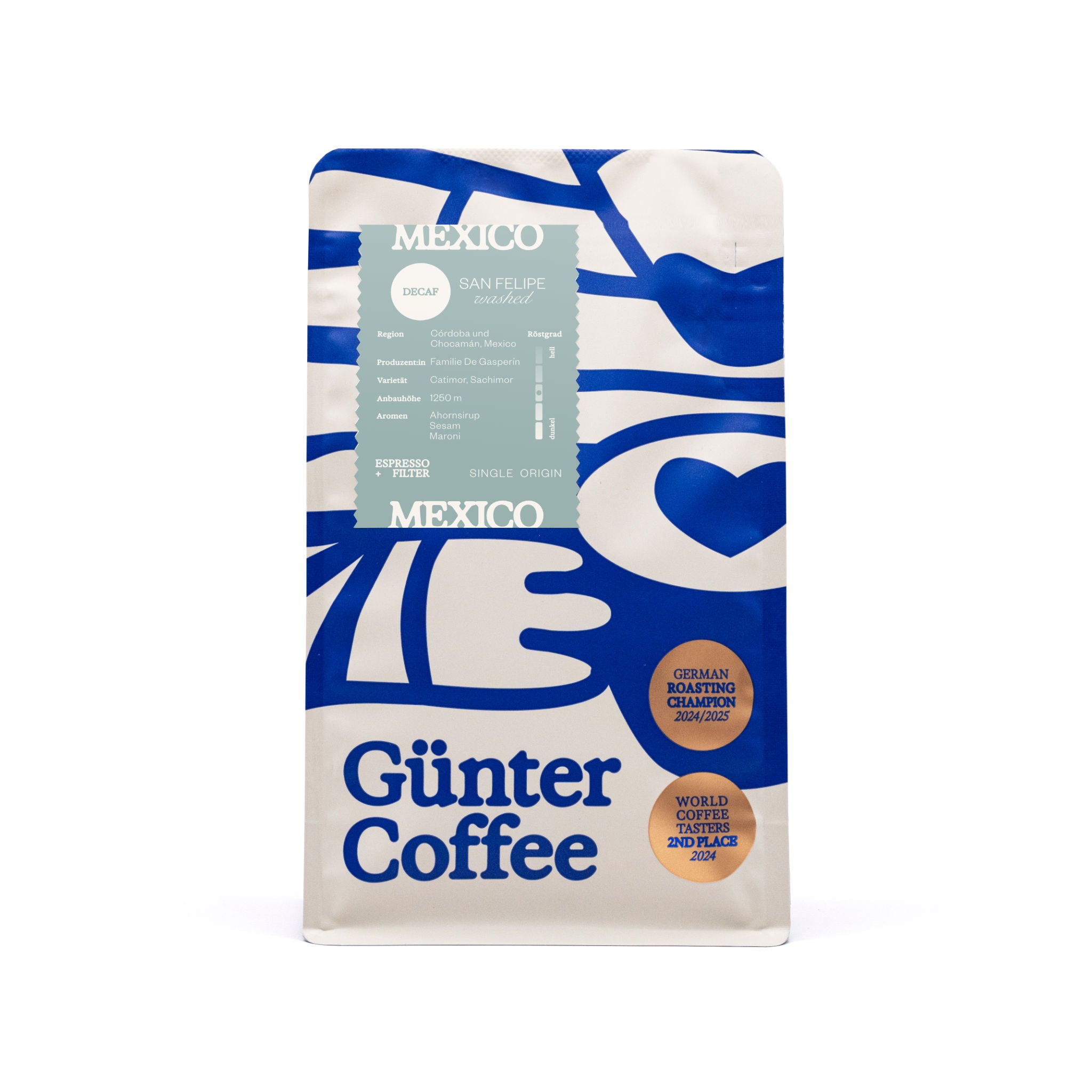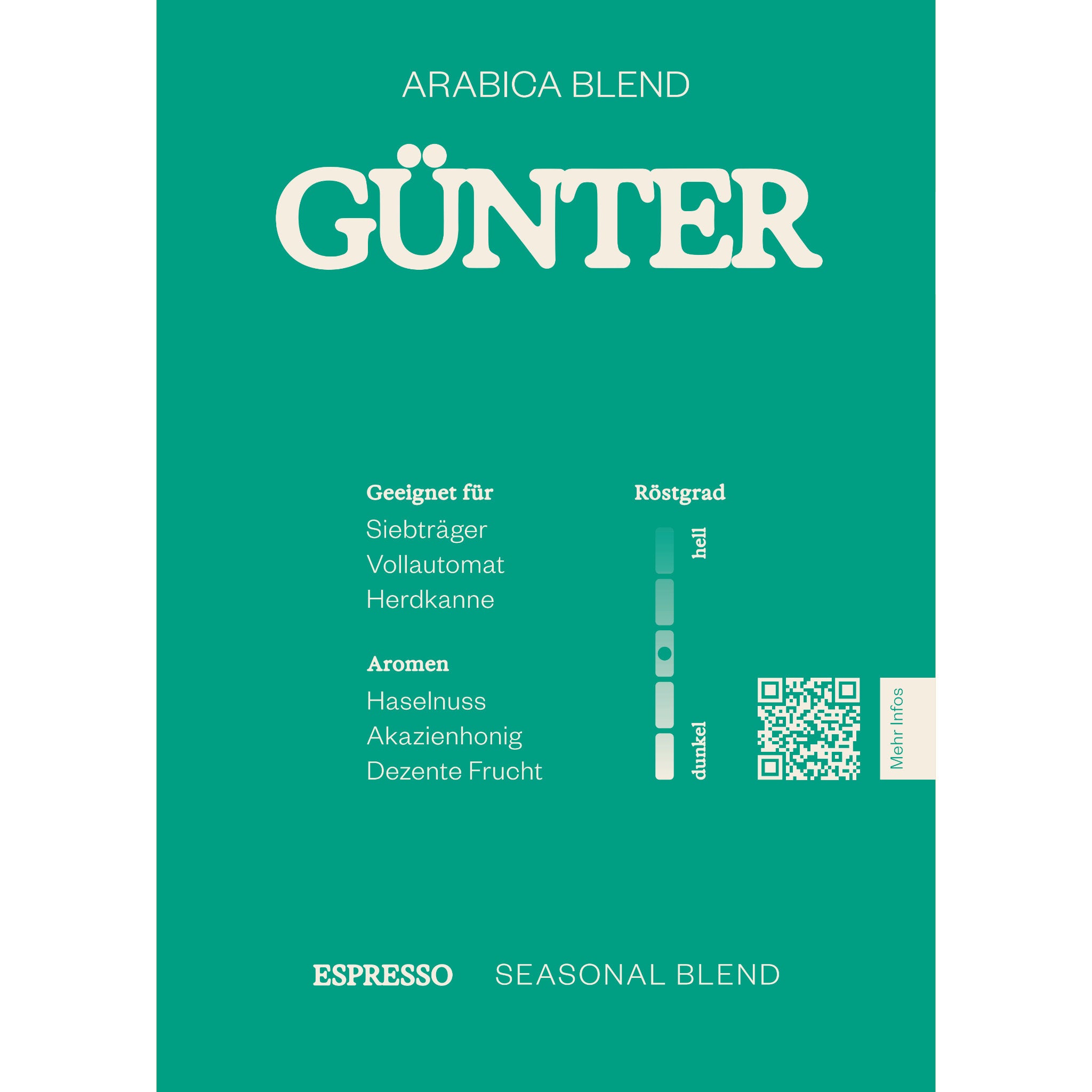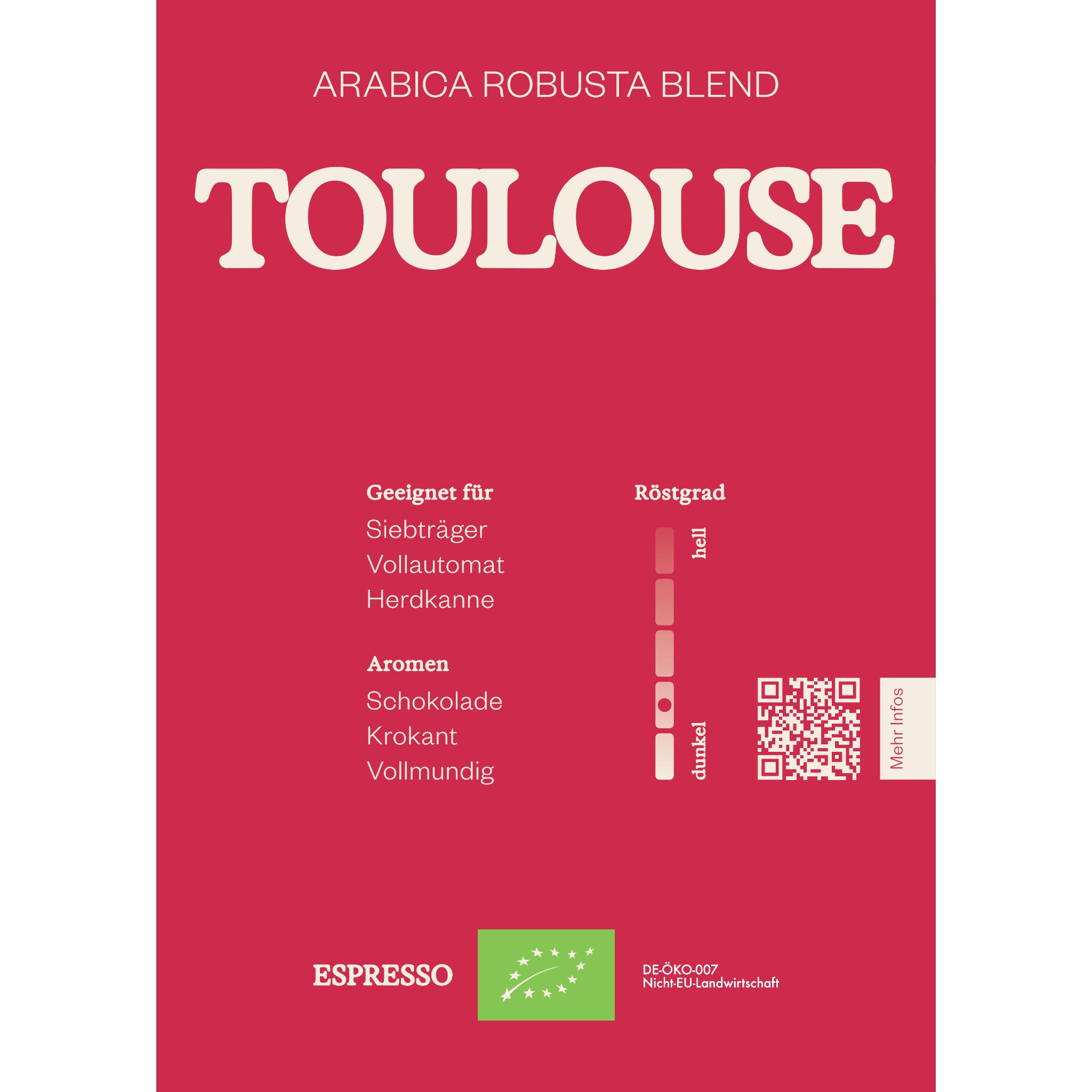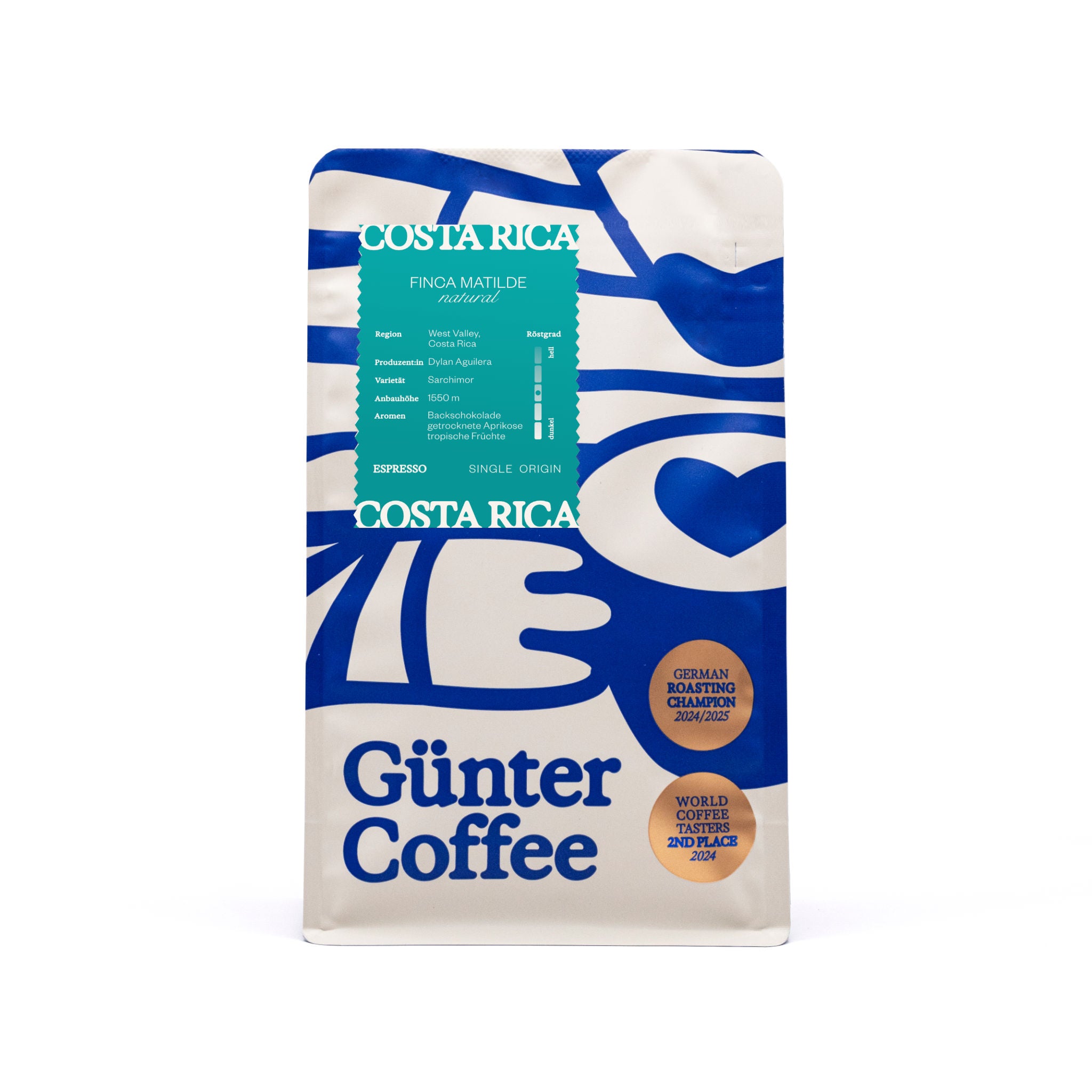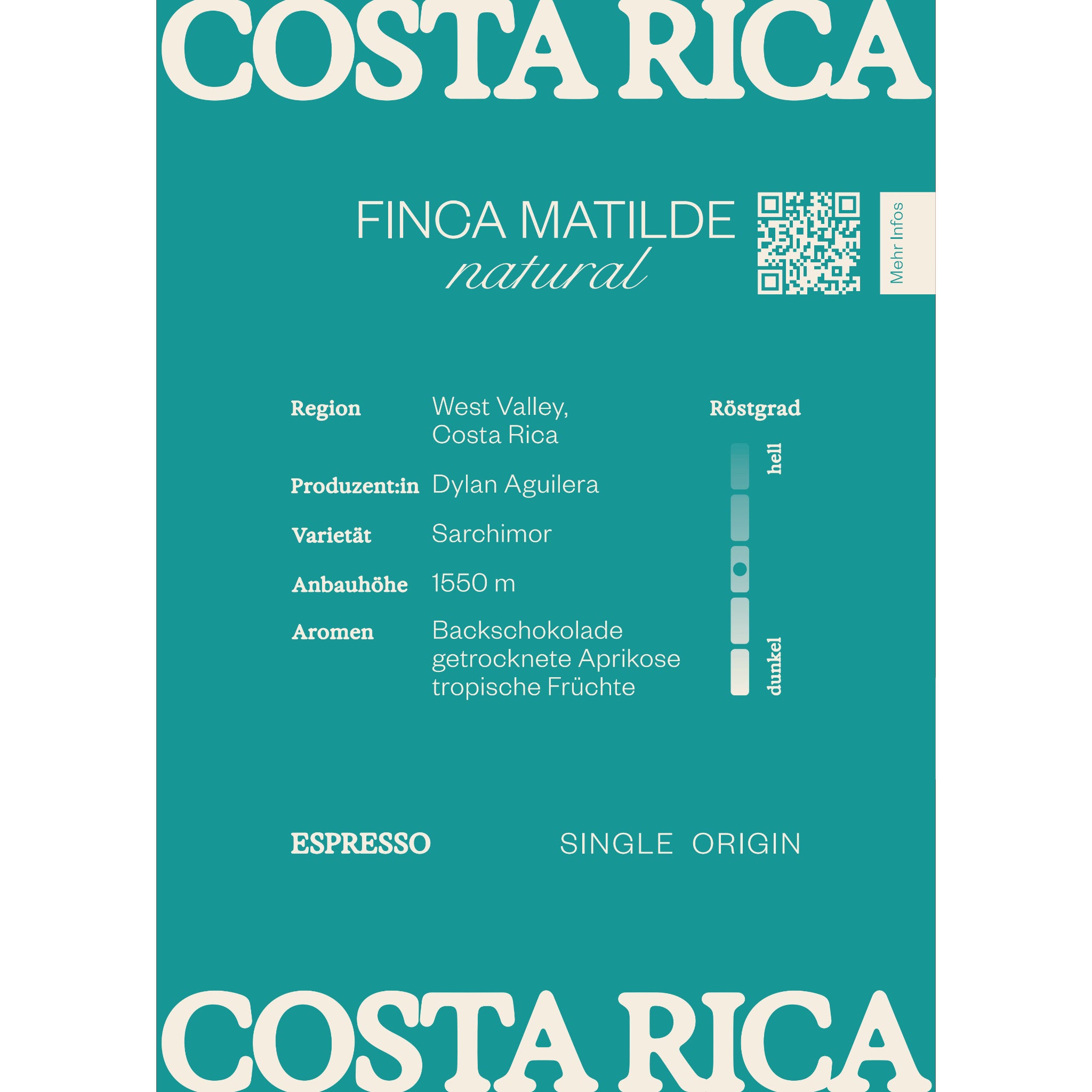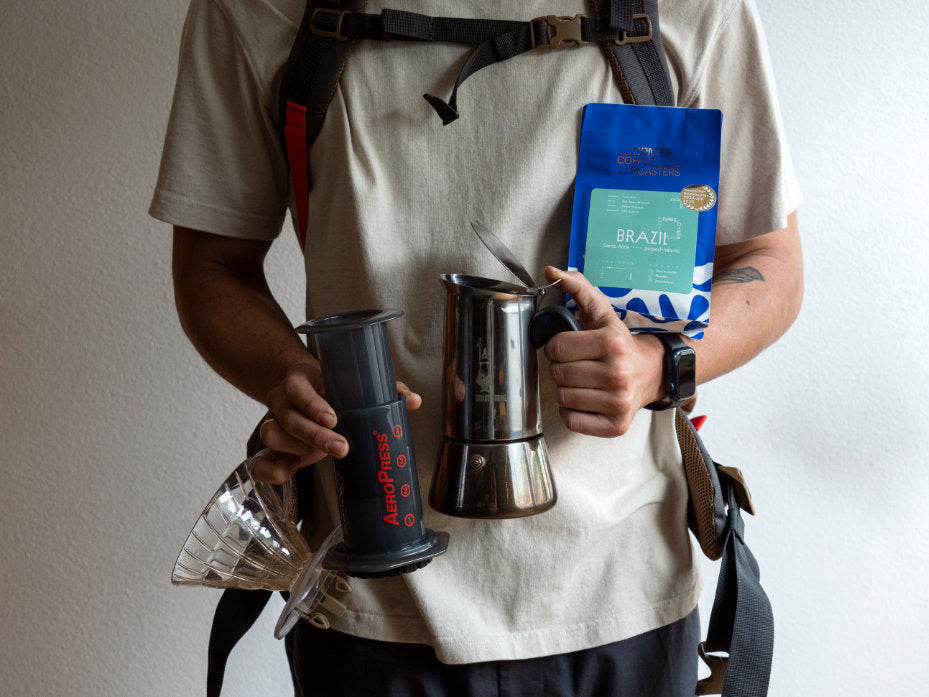Coffee tastes vary. While some prefer their espresso with a strong Italian flavor and a hint of bitterness, others find bitterness downright repugnant. Coffee should wake you up, but it should also taste good, so the enjoyment doesn't get lost. So, why is a coffee too bitter for us, and what can we do about it?
The grind is too fine
The finer the grind, the more particles the water dissolves from the coffee grounds as it works its way through. This is called over-extraction: the water flows too slowly and dissolves too many particles from the coffee grounds. The coarser the grind, the shorter it takes the water to flow through the ground coffee, and the less it takes with it. So, the coarser the better? No! Too little extraction (under-extraction) is also wrong, because then the coffee quickly tastes too acidic instead of bitter. We want to avoid that, too.
If you're wondering whether there are reference points for a grind that's too fine or too coarse, we have good news: Our guide to coffee grind sizes for different preparation methods will help you.
The ratio of water to coffee grounds is not correct
We recommend always extracting espresso using a double extraction method, i.e., using the double sieve in the portafilter. In our experience, this produces a significantly more rounded flavor. For this, we use around 18 g of ground coffee per serving. The exact amount depends on the sieve used—some simply won't fit 18 g without overfilling them. If we use too little ground coffee, the espresso quickly tastes bitter.
To ensure the ratio of water to ground coffee—the so-called brew ratio—is correct, you can experiment a bit with the amount of ground coffee. If you use too little ground coffee in relation to the brewing water, the espresso will usually taste very bitter. Try using more coffee. If your portafilter doesn't hold any more ground coffee, meaning you're already at the limit of your filter, try reducing the brewing time so that less water flows through the portafilter.
The extraction time is too long
For us, an espresso from a portafilter machine takes between 25 and 30 seconds to pass through the portafilter. Anything shorter or longer should be examined more closely and the brewing time adjusted accordingly to improve extraction.
If an espresso is too bitter, it may be due to the extraction time being too long. Reduce the time the water flows through the coffee grounds. Either use the option on the machine or adjust the grind size by grinding coarser.
The roast is too dark for you
The darker the coffee roast, the more potential for bitterness the coffee generally has. Furthermore, darker roasts contain Robusta coffee in addition to Arabica, which tends to be more bitter. The darker the roast, the more roasted aromas emerge – these displace the natural, fruity-sour flavors of the coffee plant, causing the coffee to lose its acidity but also have more potential for bitterness.
So if you suspect the roast might be too bitter for you, choose a lighter roasted bean. We recommend our Brazilian espresso Bom Dia, which has a sweet and nutty flavor.
The water temperature is too high
The temperature of our brewing water is always a big issue. Water between 92° and 96° C is usually recommended, depending on the recipe. If the temperature is higher, too many particles and bitter substances will be released from the coffee grounds during the intended extraction time, resulting in a bitter espresso.
So check the water temperature setting on your portafilter machine to eliminate this source of error for coffee that is too bitter in the cup.
The water itself is the culprit
Coffee is mostly made of water, and not all water is created equal. The more minerals it contains, the more likely it is to produce bitter flavors when brewing coffee. This is referred to as hard water, in contrast to soft water, which is low in minerals. Water plays an important role in brewing coffee; its hardness and alkalinity are crucial for its taste. The most common minerals in water are calcium and magnesium, with a high calcium content producing bitter flavors.
For espresso, we recommend water with a hardness of 5° dH (German hardness). However, the taste of water is always a matter of habit. This depends on whether we regularly drink tap water at home and how hard it is. Here, too, the main thing is that it tastes good. You can read how to measure the hardness of water and how to make it softer or harder in our article on coffee water.
A bean with a defect
As with other agricultural products, coffee also has undesirable characteristics. In the coffee world, we refer to these as defects. One of these defects could also be responsible for a bitter coffee taste. By definition, defects are rare in specialty coffee. Careful sorting and the so-called green grading process are intended to ensure this. More defects are permitted in premium coffee.
It's unlikely that a bag of roasted coffee will contain many defective beans, especially expensive specialty coffee. However, it can never be completely ruled out. If such a bean ends up in the grinder and portafilter, the cup of espresso may taste bitter. The next cup should then taste as usual.
In brief: Causes and solutions for bitter espresso
- Grind too fine: If the grind is too fine, we'll separate too many particles from the coffee grounds, and bitterness will enter the cup. Solution: Grind coarser.
- Incorrect brew ratio: If the water-to-ground coffee ratio is unbalanced, the espresso can taste bitter. Solution: Use more ground coffee.
- Brewing time too long: If the brewing water is in contact with the coffee grounds for too long, more bitter compounds dissolve. Solution: Reduce brewing time (guideline 25-30 seconds).
- Roast too dark: Dark, strong roasts tend to be more bitter. If you've ruled out other sources of error, the solution is a lighter roast, such as the nutty Espresso Bom Dia.
- Water temperature too high: The hotter a coffee is brewed, the more easily bitter substances dissolve. Solution: Reduce the temperature of the brewing water; it should be around 96°C.
- Brewing water too hard: The harder, or richer in minerals, your brewing water is, the more likely your espresso will taste bitter. Solution: Ensure water hardness around 5 °dH
- Defective bean: As with any natural product, coffee beans occasionally have defects that result in an unpleasant taste. Solution: Repeat the brewing process. If the problem persists, inspect the beans and report it to the roaster if necessary.

